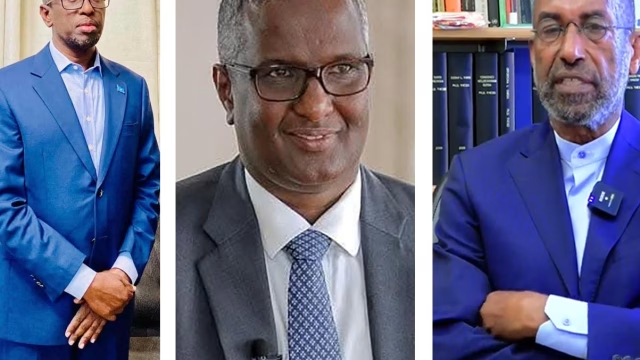Libya on Thursday justified its closure of the UN High Commissioner for Refugees office in a…
 Libya on Thursday justified its closure of the UN High Commissioner for Refugees office in a statement that included claims its representative had offered refugee status in exchange for sex.
Libya on Thursday justified its closure of the UN High Commissioner for Refugees office in a statement that included claims its representative had offered refugee status in exchange for sex.
The foreign ministry said in a statement that it had received several complaints of “abuse” by the UNHCR representative, who was not named, “contrary to the humanitarian activity of the organisation.”
Concretely, it accused the representative of “taking bribes” from immigrants and of “sexually exploiting women in exchange for the granting of refugee status.”
The statement provided no further details on these allegations.
On June 8, the UNHCR announced that Libyan authorities had ordered it to shut its office and leave the country.
Libya confirmed that, saying it was not a signatory to the Geneva Convention on refugees and therefore did not recognise the agency’s office in Tripoli.
“Libya, which is not a signatory of the Geneva Convention on the status of refugees… does not recognise the existence of a UNHCR office on its territory, and consequently, any activity undertaken by the office is illegal,” the foreign ministry said at the time.
On Thursday, the ministry reiterated that the office was “illegal.” It said the country had accepted a representative in 1991 “only to aid” immigrants from Somalia and Eritrea, but that these people were “guests” and not refugees.
It also said that the government had demanded that the UNHCR not open an office, but to work under the aegis of the UN Development Programme “and not to accord refugee status to anyone found in Libya.”
It said the Geneva-based agency had not respected those demands, and had rented an office for the purpose of dealing with refugees.
The North African state is a hub for refugees from sub-Saharan Africa as well as the Middle East seeking to reach Europe by crossing the Mediterranean Sea.
The UNHCR has provided registration, care, shelter, training and sought resettlement elsewhere for asylum seekers and refugees who reach Libya, including Iraqis, Palestinians, Sudanese, Eritreans, Ethiopians and Somalis.
Source: AFP


